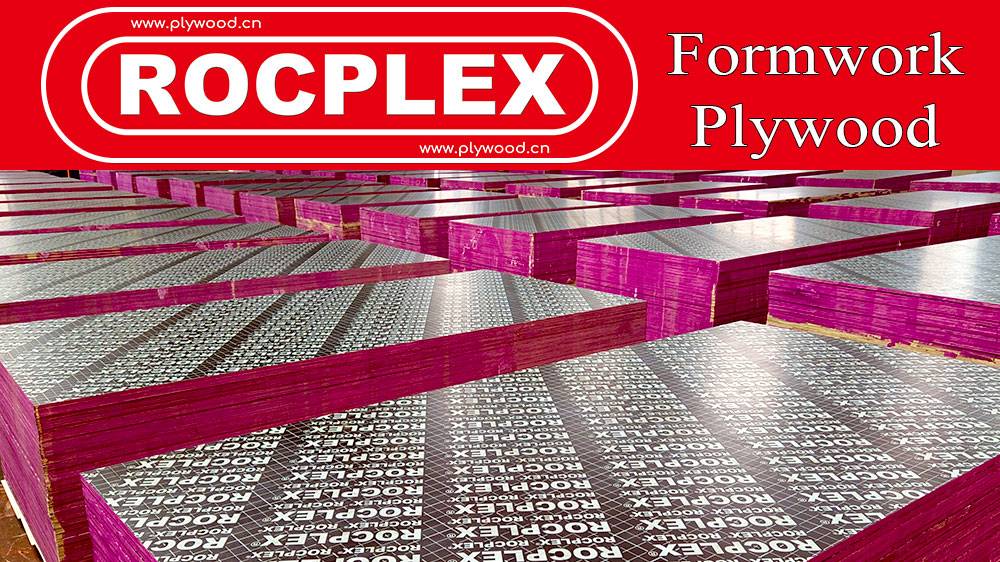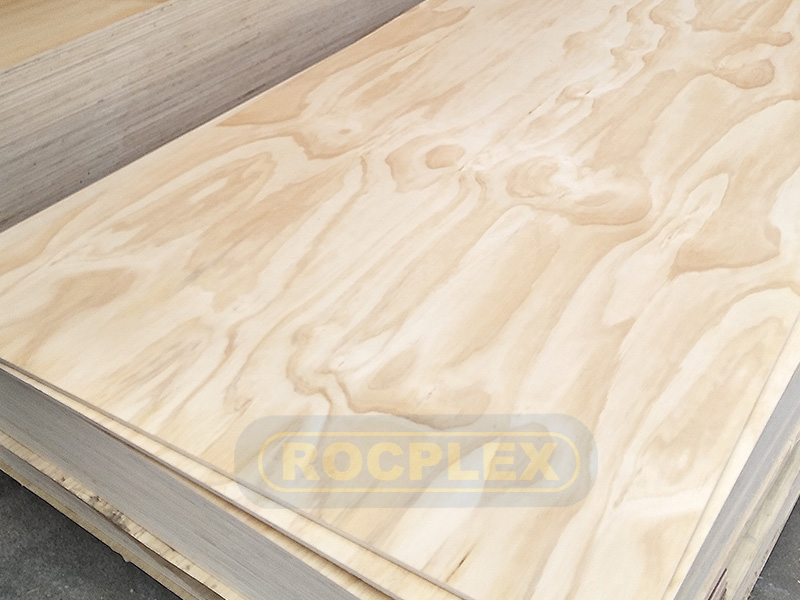What are Building Materials Wholesalers?
Building materials wholesalers play a critical role in the construction industry, acting as the primary source for a wide range of essential materials. They procure, stock, and distribute building supplies to retailers, contractors, and other end users. This includes products like plywood boards, hardwood plywood, veneer plywood, and structural plywood. These wholesalers ensure that construction materials suppliers have access to the high-quality products needed to complete projects efficiently and effectively.
The Role of Building Materials Wholesalers
Ensuring Quality and Consistency
Building materials wholesalers are responsible for maintaining high standards of quality across their product range. They source materials from reputable manufacturers and conduct rigorous quality control checks to ensure that each product meets industry standards. This includes ensuring the structural integrity of plywood boards and the aesthetic appeal of veneer plywood. By guaranteeing consistent quality, wholesalers help construction materials suppliers provide reliable products to their clients.
Supporting the Supply Chain
The role of wholesalers is crucial in supporting the supply chain. They act as intermediaries between manufacturers and retailers or end users, ensuring a steady flow of materials. This involves managing large inventories, coordinating logistics, and providing timely deliveries. By maintaining robust supply chains, building materials wholesalers ensure that construction projects can proceed without delays.
Plywood Board: A Staple in Construction
Versatility in Applications
Plywood boards are a fundamental material in the construction industry due to their versatility and strength. They are used in a variety of applications, from structural components like subfloors and roof decking to decorative elements like wall panels and cabinetry. The multi-layered construction of plywood boards provides excellent stability and resistance to warping, making them a reliable choice for builders and designers alike.
Types of Plywood
There are several types of plywood available, each suited to different applications. Hardwood plywood, made from species like oak and birch, is prized for its strength and attractive grain patterns, making it ideal for furniture and cabinetry. Structural plywood is engineered for load-bearing applications and is commonly used in flooring and roofing. Veneer plywood features a thin layer of high-quality wood on the surface, providing an attractive finish for visible surfaces. Building materials wholesalers offer a wide range of plywood options to meet the diverse needs of the construction industry.
Hardwood Plywood: Combining Strength and Beauty
Aesthetic Qualities
Hardwood plywood is renowned for its aesthetic qualities, which make it a popular choice for high-end furniture and cabinetry. The top layer of hardwood veneer showcases the natural beauty of the wood, with grain patterns that add elegance and character to finished products. This type of plywood is often used in applications where appearance is paramount, and building materials wholesalers ensure that a variety of wood species and finishes are available to meet design requirements.
Durability and Performance
In addition to its visual appeal, hardwood plywood is also valued for its durability and performance. The layered construction provides exceptional strength and resistance to splitting and warping. This makes it suitable for heavy-duty applications where stability and longevity are essential. Building materials wholesalers source high-quality hardwood plywood from reliable manufacturers, ensuring that each sheet meets the necessary standards for construction and design projects.
Veneer Plywood: A Cost-Effective Solution
Manufacturing Process
Veneer plywood is created by bonding a thin layer of high-quality wood veneer to a core of lower-cost material. This process provides the appearance of solid wood at a fraction of the cost, making veneer plywood an economical choice for budget-conscious projects. The core is typically made from softer woods or composite materials, which are then covered with a veneer of hardwood or decorative wood species.
Applications and Benefits
Veneer plywood is used in a variety of applications, including furniture, cabinetry, and interior finishes. Its cost-effectiveness, combined with its attractive appearance, makes it a popular choice for projects that require both beauty and affordability. Building materials wholesalers offer a wide range of veneer options, allowing buyers to select the perfect finish for their designs. Additionally, the use of veneer plywood helps conserve high-quality wood resources, making it an environmentally friendly option.
Structural Plywood: Essential for Construction
Load-Bearing Applications
Structural plywood is specifically designed for load-bearing applications in construction. It is made by bonding layers of wood veneer with a strong adhesive, creating a product that can withstand significant stress and weight. This type of plywood is used for subfloors, roof decking, and wall sheathing, providing a stable and reliable foundation for various building projects.
Compliance with Standards
Building materials wholesalers ensure that structural plywood meets stringent industry standards for strength and durability. This includes compliance with building codes and certification from organizations such as the Forest Stewardship Council (FSC). By providing certified products, wholesalers help builders ensure that their projects meet regulatory requirements and deliver long-lasting performance.
The Importance of Plywood Supplier
Quality Assurance
Plywood suppliers play a vital role in ensuring the quality of plywood products. They source raw materials from reliable sources and oversee the manufacturing process to ensure that each sheet of plywood meets the necessary standards. This includes conducting quality control checks to identify and address any defects or inconsistencies. By maintaining high standards of quality, plywood suppliers help building materials wholesalers provide reliable products to their customers.
Innovation and Development
Innovation is a key aspect of the plywood industry, and suppliers are at the forefront of developing new products and technologies. They invest in research and development to create plywood that is stronger, lighter, and more environmentally friendly. For example, laminated panels are engineered to offer enhanced durability and stability, making them suitable for high-stress applications. Hardwood plywood, with its natural beauty and strength, is another product that showcases the innovation within the industry.
The Role of Construction Materials Suppliers
Distribution and Availability
Construction materials suppliers are responsible for ensuring the availability of building materials to end users. They work closely with wholesalers to stock a wide range of products, including plywood boards, hardwood plywood, veneer plywood, and structural plywood. By maintaining comprehensive inventories, construction materials suppliers can meet the needs of various construction projects, from residential renovations to large-scale commercial builds.
Customer Support and Expertise
In addition to providing materials, construction materials suppliers offer valuable support and expertise to their customers. They can provide advice on the best products for specific applications, as well as guidance on installation and maintenance. This support helps builders and designers make informed decisions and achieve the best possible outcomes for their projects. Construction materials suppliers play a crucial role in ensuring that construction projects are completed efficiently and to the highest standards.
Challenges Faced by Building Materials Wholesalers
Supply Chain Disruptions
The building materials industry is not immune to supply chain disruptions, which can impact the availability and cost of materials. Factors such as global pandemics, natural disasters, and geopolitical tensions can disrupt the flow of raw materials and finished products. Building materials wholesalers must navigate these challenges to ensure a steady supply of materials to their customers.
Pricing Pressures
Competition in the building materials industry is intense, leading to pricing pressures for wholesalers. They must balance the need to offer competitive prices with the need to maintain high-quality standards. This involves carefully managing costs and optimizing operations to deliver value to their customers while maintaining profitability.
Supporting Sustainability in the Construction Industry
Sustainable Sourcing
Building materials wholesalers are increasingly focused on sustainability, sourcing materials from responsibly managed forests and using eco-friendly manufacturing processes. This includes working with suppliers who adhere to sustainable forestry practices and use low-emission adhesives. By offering sustainable products, wholesalers support environmentally conscious construction practices and help reduce the environmental impact of building projects.
Reducing Waste
Waste reduction is another important aspect of sustainability in the building materials industry. Wholesalers are implementing strategies to minimize waste throughout the supply chain, from sourcing raw materials to delivering finished products. This includes optimizing cutting patterns, repurposing offcuts, and recycling waste materials. These efforts contribute to more efficient use of resources and help reduce the environmental footprint of building materials production.
Custom Solutions from Building Materials Wholesalers
Tailored Product Offerings
Building materials wholesalers understand that each project has unique requirements, which is why they offer customized product solutions. This includes providing plywood boards in non-standard sizes, thicknesses, and finishes to meet specific project needs. By working closely with clients, wholesalers can deliver materials that perfectly match the technical and aesthetic specifications required for both small and large-scale construction projects.
Specialized Treatments and Coatings
In addition to offering customized sizes, building materials wholesalers provide specialized treatments and coatings for plywood products. These treatments can include fire-retardant coatings, moisture-resistant treatments, and anti-termite applications. Such enhancements are crucial for projects that require additional protection against environmental factors and enhance the longevity and durability of the materials.
Importance of Reliable Building Materials Wholesalers
Consistent Quality Assurance
One of the primary benefits of partnering with reputable building materials wholesalers is the assurance of consistent quality. These wholesalers implement stringent quality control processes to ensure that each product meets the highest standards. Consistent quality is vital for construction materials suppliers, who rely on dependable products to maintain the integrity and safety of their projects.
Efficient Supply Chain Management
Building materials wholesalers play a crucial role in maintaining efficient supply chains. By managing large inventories and coordinating logistics, they ensure a steady supply of materials to retailers and construction firms. This reliability is essential to avoid project delays and ensure that construction schedules are adhered to, ultimately saving time and costs.
Expert Guidance and Support
Reputable wholesalers offer more than just products; they provide expert guidance and support to their customers. This includes advice on selecting the right materials for specific applications, recommendations for installation techniques, and tips for maintaining the materials over time. This expert support helps construction materials suppliers and builders make informed decisions, leading to better project outcomes.
Advancements in Plywood Products
Engineered Wood Innovations
The plywood industry continues to evolve with advancements in engineered wood products. These innovations include the development of cross-laminated timber (CLT) and other composite materials that offer superior strength and stability. These engineered wood products are designed to meet the demands of modern construction projects, providing enhanced performance and versatility.
Eco-Friendly Plywood Solutions
Sustainability is a growing priority in the construction industry, and plywood manufacturers are responding with eco-friendly solutions. This includes the use of recycled materials, low-VOC (volatile organic compounds) adhesives, and sustainable forestry practices. Building materials wholesalers are increasingly offering these eco-friendly products to meet the demand for greener construction materials and support environmentally responsible building practices.
Challenges in the Building Materials Industry
Navigating Supply Chain Disruptions
Supply chain disruptions pose significant challenges for the building materials industry. Factors such as geopolitical tensions, natural disasters, and global pandemics can impact the availability and cost of raw materials and finished products. Building materials wholesalers must develop resilient supply chain strategies to mitigate these risks and ensure a reliable supply of materials to their customers.
Managing Competitive Pricing
The building materials market is highly competitive, with numerous suppliers vying for market share. This competition can lead to pricing pressures, making it challenging for wholesalers to maintain profitability while offering competitive prices. Effective cost management and operational efficiency are crucial for wholesalers to remain competitive without compromising on quality.
Trends Influencing the Building Materials Market
Urbanization and Infrastructure Development
Global trends such as urbanization and infrastructure development are driving increased demand for building materials. As cities expand and new infrastructure projects are initiated, the need for high-quality construction materials grows. Building materials wholesalers play a pivotal role in supporting these development efforts by providing the necessary materials to meet the increasing demand.
Integration of Technology in Construction
The integration of technology in construction practices is transforming the industry. Innovations such as Building Information Modeling (BIM) and automated construction processes require precise and reliable materials. Building materials wholesalers are adapting to these technological advancements by providing detailed product specifications and data, enhancing the efficiency and accuracy of construction projects.
The Role of Sustainability in the Building Materials Industry
Promoting Sustainable Forestry Practices
Sustainable forestry practices are essential for the long-term viability of the plywood industry. Building materials wholesalers are increasingly sourcing wood from certified forests that are managed sustainably. These practices help preserve biodiversity, protect ecosystems, and ensure a steady supply of raw materials for future generations.
Reducing Environmental Impact
Reducing the environmental impact of building materials production is a key focus for wholesalers. This includes implementing waste reduction strategies, optimizing resource use, and adopting energy-efficient manufacturing processes. By prioritizing sustainability, building materials wholesalers contribute to the overall goal of reducing the construction industry’s environmental footprint.
The Future of Building Materials Wholesalers
Embracing Innovation
The future of building materials wholesalers lies in their ability to embrace innovation. This includes adopting new technologies, developing advanced products, and continuously improving operational efficiencies. By staying at the forefront of innovation, wholesalers can meet the evolving needs of the construction industry and maintain a competitive edge.
Strengthening Partnerships
Building strong partnerships with manufacturers, suppliers, and customers is crucial for the success of building materials wholesalers. Collaborative relationships enable wholesalers to better understand market needs, respond to changes in demand, and provide tailored solutions. Strengthening these partnerships will be key to navigating future challenges and driving growth.
Enhancing Sustainability Efforts
As sustainability becomes increasingly important, building materials wholesalers will need to enhance their efforts in this area. This includes sourcing more sustainable products, reducing waste, and promoting environmentally friendly practices throughout the supply chain. By prioritizing sustainability, wholesalers can support the construction industry’s shift towards greener practices and contribute to a more sustainable future.
FAQs (Frequently Asked Questions)
Who is the biggest supplier of building materials? The biggest supplier of building materials varies by region, but globally, companies like Saint-Gobain, CRH, and LafargeHolcim are among the largest.
Who are the largest building distributors? Some of the largest building materials distributors include Ferguson Enterprises, ABC Supply, and Beacon Roofing Supply, known for their extensive product ranges and service capabilities.
What do you call a shop that sells building materials? A shop that sells building materials is commonly referred to as a building supply store or a hardware store.
What are the 10 most common materials used in construction? The 10 most common materials used in construction include concrete, steel, wood, brick, stone, glass, aluminum, plastic, asphalt, and gypsum.
Who are the top exporters of building materials? The top exporters of building materials include countries like China, Germany, the United States, and Canada, known for their advanced manufacturing capabilities and extensive product ranges.
Post time: Jun-01-2024




